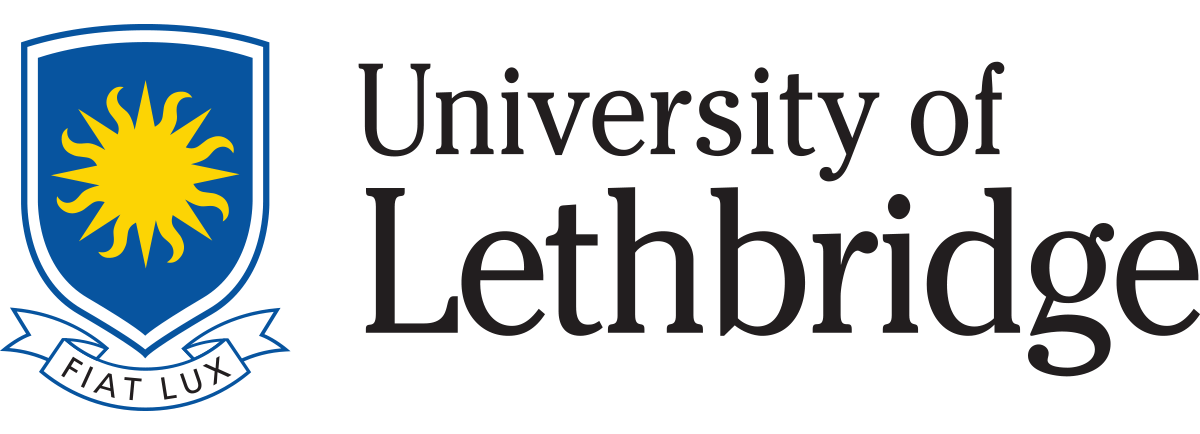Citation:
Abstract:
This paper uses the balance of payment constraint (BPC) growth model
and the autoregressive distributed lag approach to cointegration to
examine the major determinants of income growth in Ghana, emphasizing the importance of exports, capital inflows and relative prices. The paper also uses the model to identify the effect of trade liberalization on the trade balance and income growth in Ghana. The main empirical results suggest that increases in the growth rates of exports, capital inflows and relative prices lead to an increase in growth of income. However, the liberalization of the external sector has not improved the income growth performance in Ghana. The results from this study questions the idea that trade liberalization leads to improvement in economic welfare of countries by raising the sustainable growth rate.


